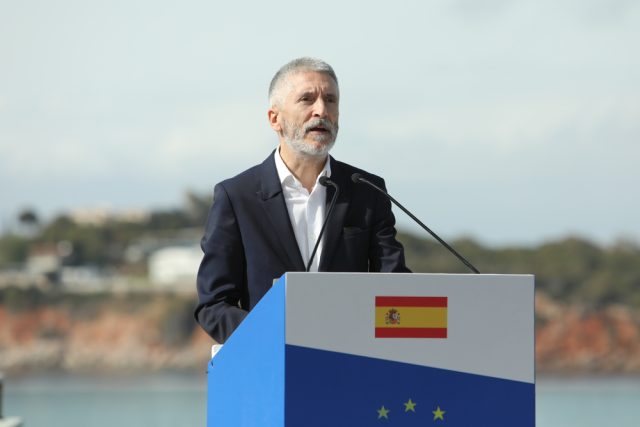
In the first days of November, the prestigious British channel BBC published a video-documentary in which they delved into the tragedy that took place on June 24 at the Melilla border fence. The BBC investigation has reopened months later an issue that the Spanish government managed to quickly settle shortly after it happened.
The President of the Spanish Government, Pedro Sánchez, justified the intervention and recognized “the extraordinary work carried out by the Moroccan Government in coordination with the Spanish State security forces to try to avoid a violent assault”. He described the effort as “well resolved” and blamed the immigrant smuggling mafias as the only ones to blame for what happened. Until the BBC took an interest recently, neither the Spanish authorities nor any national media bothered to investigate what happened. And, therefore, no one has been held accountable.
What happened on June 24?
On June 24, a group of between 500 and 2000 African immigrants attempted to jump the Melilla fence to cross illegally into European territory. The place of the events was the border crossing at Nador and ‘El Barrio Chino’.
The avalanche of immigrants, mostly of Sudanese origin, occurred early in the morning. The group managed to force two land access gates to Spanish territory and provoked the reaction of the Moroccan agents. Dozens of bodies – the images do not allow to conclude whether dead or alive – rushed to the border access to escape from the gendarmes and were crushed and huddled in the corners. Pepper spray, tear gas, aerosols and batons used by the gendarmes increase the tension.
A tension that is transferred to Spanish territory. Some images of the video show how riot police of the Guardia Civil try to prevent the immigrants from escaping and entering Melilla. The return of migrants in heat, which counted with the active collaboration of Moroccan gendarmes and even with their intrusion into Spanish territory, ended up awakening a debate about the official version of the Spanish Government.
According to the official Moroccan version, at least 23 immigrants of African origin and up to two Moroccan gendarmes died that day. Unofficial figures, on the other hand, put the total number of dead immigrants at 37, which raises the event to the category of the deadliest tragedy on the southern land border of the European Union.
The Spanish Ombudsman puts the number of migrants returned without legal procedure at 470. The victims, injured and dazed during the events, received no medical assistance at any time.
No one has yet been held accountable
The BBC investigation contradicts with the official version of the Spanish executive and reveals unknown information. Mainly, that the avalanche left bodies on the Spanish side and that it was the Moroccan forces that dragged immigrants towards Spanish soil.
The Minister of Interior denied that “any tragic event” took place on Spanish territory and completely disassociated itself from the events, accusing the BBC of spreading “very serious accusations without evidence”. However, Marlaska has felt the pressure and can no longer wriggle out of the situation.
The first step has been to show the videos to a group of eight members of the Interior Committee. In parallel, the Prosecutor’s Office and the Ombudsman have accessed the videos recorded by the cameras of the border perimeter and by a drone.
Now the socialist bloc of the Government has everyone against them. After the visit of the deputies of Unidas Podemos, ERC and Bildu to the place of the facts, the partners of the executive press to create a commission of investigation in the Congress of Deputies. The opposition groups are more forceful and demand the resignation of Marlaska.
For the time being, while the political groups put pressure on the Minister of the Interior, it is the Attorney General’s Office which has more room to continue with the investigation. At the moment, the body has asked for more videos to the Ministry of the Interior to assess the possibility of extending the investigation period that expires in December.
For four months the matter has remained far from the media spotlight and, therefore, from Spanish public opinion. In all this time, no Spanish authority had taken responsibility for the tragedy. Now, the BBC documentary exposes Marlaska’s version and may bring about an accountability in the Spanish executive.



 Subscribe
Subscribe